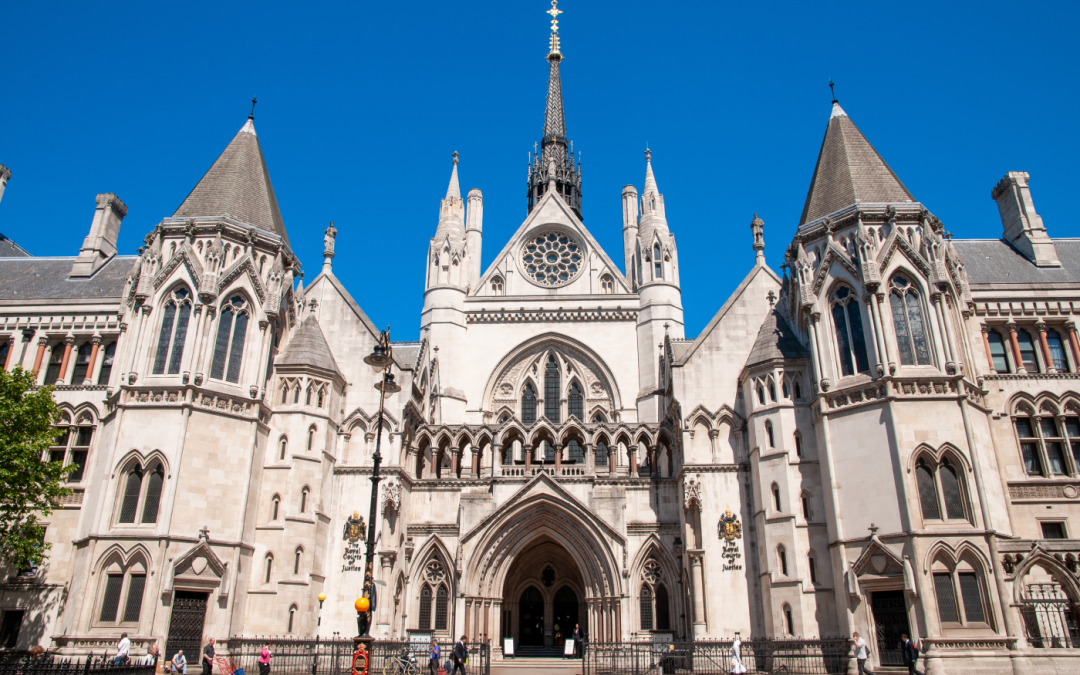In a landmark decision with far-reaching implications, the Supreme Court recently ruled on COVID-19 Business Interruption Claims, providing clarity and relief to countless businesses grappling with the fallout of the pandemic. This ruling marks a significant moment in the legal landscape, offering insights into the intersection of insurance contracts, governmental mandates, and unforeseen crises.
The COVID-19 pandemic sent shockwaves through the global economy, forcing businesses of all sizes to shut their doors temporarily or adapt rapidly to new operating conditions. Many looked to their business interruption insurance policies as a lifeline, hoping for coverage to mitigate the financial losses incurred due to mandated closures, supply chain disruptions, and reduced consumer demand.
However, the interpretation of insurance policies regarding coverage for pandemic-related losses varied widely, leading to widespread confusion and disputes between policyholders and insurers. The crux of the issue lay in the language of the policies, particularly regarding the definition of “physical damage” or “interruption” necessary to trigger coverage.
In the UK, the Financial Conduct Authority (FCA) intervened to seek clarity on behalf of policyholders, bringing a test case to the High Court to resolve key legal issues and provide guidance on the interpretation of policy wording. The case involved representative samples of policy wordings from eight insurers, with implications for thousands of similar policies across the country.
The Supreme Court’s ruling, which upheld the majority of the High Court’s findings, addressed several critical questions:
- Causation and “Trends Clauses”: One key aspect of the ruling focused on the issue of causation. The Court clarified that businesses could claim for losses caused by government-mandated closures, even if other factors contributed to the overall loss. Additionally, the Court ruled against insurers’ attempts to use “trends clauses” to adjust payouts based on hypothetical scenarios unaffected by the pandemic.
- Disease Clauses: The Court examined policy wordings referencing “notifiable diseases,” affirming that COVID-19 fell within this category. This decision expanded the scope of coverage for businesses impacted by the pandemic, providing much-needed relief to a broader range of policyholders.
- Prevention of Access Clauses: Another significant aspect of the ruling related to “prevention of access” clauses, which cover losses resulting from government actions preventing access to insured premises. The Court clarified that these clauses could apply even in cases where premises were not ordered to close but faced restrictions significantly impacting business operations.
The Supreme Court’s decision represents a victory for many businesses that have struggled to navigate the complexities of insurance coverage during these unprecedented times. By providing clarity on key legal issues and interpreting policy wordings in favor of policyholders, the ruling offers a glimmer of hope for those seeking financial recourse for pandemic-related losses.
However, it’s essential to recognise that the impact of the ruling extends beyond individual businesses and insurers. The decision sets a precedent for future cases involving similar issues, shaping the landscape of insurance law and risk assessment in the face of global crises. Insurers may reassess their underwriting practices and policy terms in light of the ruling, potentially leading to changes in the availability and affordability of coverage for various risks.
Moreover, the ruling underscores the importance of proactive risk management and comprehensive insurance coverage for businesses facing potential disruptions. While insurance can provide essential protection, it’s crucial for businesses to review their policies carefully, understand the scope of coverage, and explore additional risk mitigation strategies to safeguard their operations against unforeseen events.
The Supreme Court’s ruling on COVID-19 business interruption claims represents a significant development in insurance law, offering clarity and relief to businesses grappling with the economic fallout of the pandemic. While challenges remain, the decision provides a path forward for businesses seeking financial recourse and highlights the importance of robust risk management in an ever-changing world. As businesses continue to adapt and rebuild in the aftermath of COVID-19, the lessons learned from this ruling will undoubtedly shape the future of insurance and risk management for years to come.
Call now and we can see if you are eligible to claim in 5 minutes by answering some simple questions.
T: 020 3318 2064

